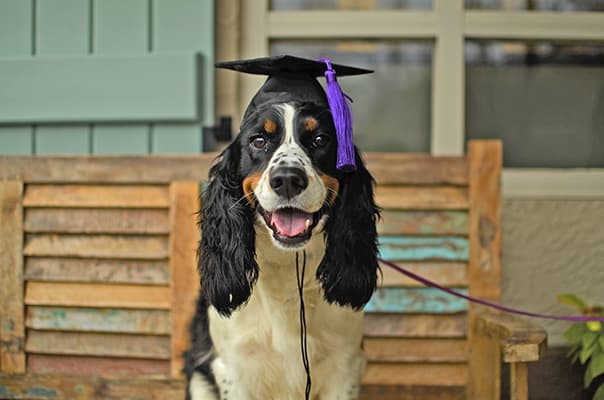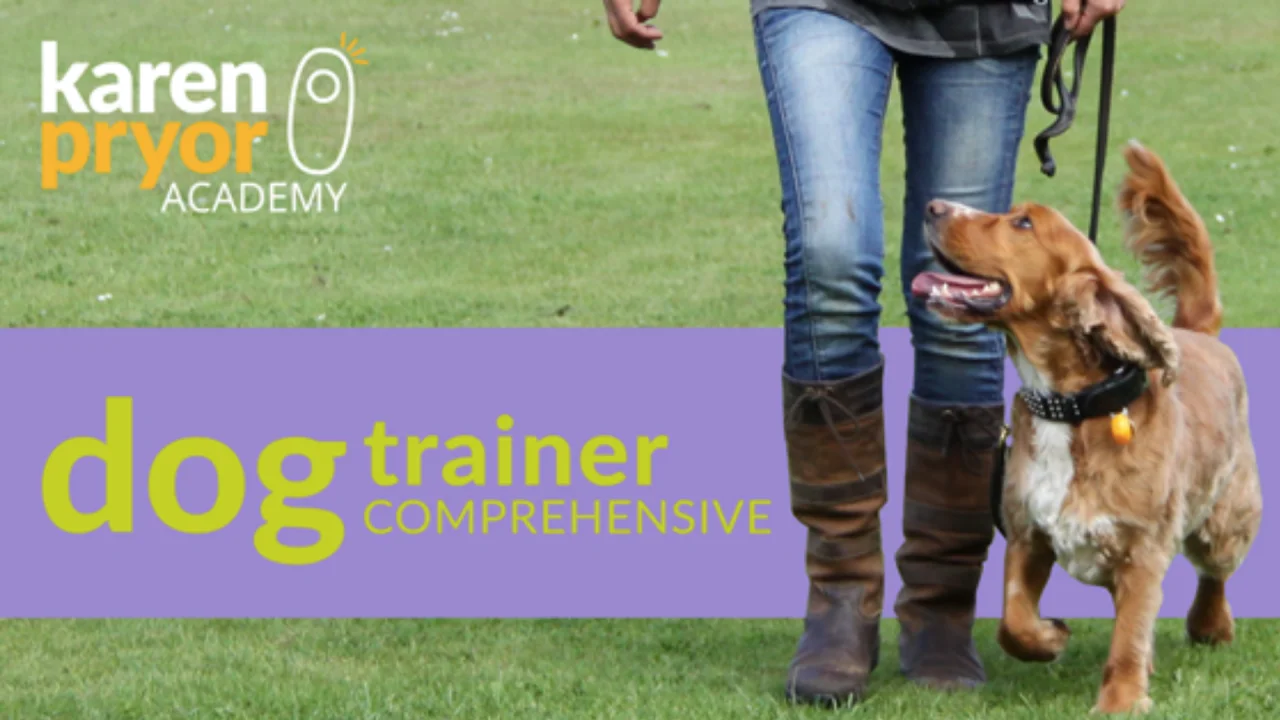Discover Top Tips for Dog Training Charlotte NC That Really Job
Discover Top Tips for Dog Training Charlotte NC That Really Job
Blog Article
Unlock Your Canine's Prospective: Proven Canine Training Techniques for Success
Efficient dog training is a nuanced procedure that hinges on recognizing canine habits and using clinically backed approaches. By integrating favorable support, developing clear commands, and prioritizing socialization, pet owners can grow a productive connection with their pet dogs.
Understanding Pet Dog Behavior
Comprehending pet behavior is necessary for effective training and promoting a favorable relationship between pets and their owners. A detailed understanding of canine body language, vocalizations, and social communications is critical for recognizing their requirements and feelings. Pets communicate mainly with non-verbal signs; for instance, a wagging tail might suggest enjoyment, while pinned ears can indicate anxiety or submission.

Furthermore, environmental factors play a substantial duty in forming a canine's behavior. Adjustments in routine, new environments, or the existence of unfamiliar individuals can result in stress or anxiousness in pet dogs. Acknowledging these triggers enables proprietors to reduce damaging responses and develop appropriate training methods.
Eventually, a deep understanding of dog habits lays the foundation for effective training methods, boosting both behavior and the total bond between the pet and its owner. dog training near me. This expertise is important for fostering a well-adjusted, delighted canine companion
Favorable Support Techniques
Effective training relies greatly on positive support techniques, which have been revealed to yield substantial lead to forming desired actions in dogs. This technique involves awarding a pet for exhibiting specific habits, thereby enhancing the chance that these behaviors will certainly be duplicated. Rewards can take different types, including treats, appreciation, toys, or play, relying on what inspires the private pet.

It is vital to progressively eliminate rewards as the pet dog learns the actions, transitioning to periodic support. This technique maintains the habits gradually while avoiding dependency on constant incentives. By concentrating on positive support, instructors can grow a relying on partnership with their canines, advertising a healthy and participating training setting that enhances total obedience and performance.
Developing Consistent Commands
An essential facet of successful pet dog training is the facility of consistent commands. Consistency in commands is crucial for efficient interaction in between the fitness instructor and the dog. When commands are consistent, dogs discover to link specific words with desired habits, which increases the training procedure and improves understanding.
To develop regular commands, it is essential that all family participants make use of the very same terminology and gestures. As an example, if one individual utilizes "sit" while an additional states "take a seat," it can create confusion for the canine. Select clear, distinct words for commands and guarantee everybody entailed in the pet's training follows these selections.
Reinforce commands with frequent practice, ensuring that the pet gets adequate chances to respond appropriately. When a pet efficiently complies with a command, immediate favorable support ought to follow.
Lastly, hold your horses. Developing consistent commands takes time and initiative. With commitment and clarity, you will certainly assist your canine create Recommended Site a solid understanding of expectations, ultimately bring about a mannerly companion.
Socializing and Exposure
Socializing a pet dog is necessary for fostering a positive and well-adjusted companion. This procedure includes revealing your canine to a variety of atmospheres, individuals, and other pets to establish their social abilities and adaptability. Early socializing, preferably between the ages of 3 to fourteen weeks, is critical, as it prepares for a pet dog's future actions.
During socializing, objective to provide favorable experiences in different settings, such as parks, active streets, and homes with other pet dogs. Introduce your pet dog to various stimuli, consisting of audios, views, and smells, making certain that each encounter is satisfying. This direct exposure helps alleviate anxiety and stress and anxiety, leading the way for a more resilient canine.
Involving in regulated team play sessions with other pets can also improve social abilities, educating your pet dog ideal communications and borders. Focusing on socializing will substantially contribute to your dog's overall joy and actions throughout their life.
Overcoming Common Educating Difficulties

An additional regular concern is distraction. Pet dogs might struggle to focus in unfamiliar or hectic setups. Progressively desensitize your dog to diversions by beginning training in a quiet atmosphere and gradually presenting even more stimuli as they become efficient (Dog training). Positive reinforcement methods, such as deals with and praise, can maintain motivation and focus.
In addition, behavior concerns like leaping or too much barking can come to be frustrating. Address view publisher site these by teaching alternative behaviors, such as resting calmly when welcoming visitors. Consistency and patience are vital; enhance desired habits continually and avoid abuse, which can result in confusion.
Lastly, acknowledge that each pet is distinct, and training timelines may vary. Tailor your method to your pet dog's private demands, and look for expert assistance if essential. With determination and the right techniques, overcoming these challenges can bring about a trained, delighted canine companion.
Final Thought
To conclude, opening a pet dog's prospective necessitates a detailed strategy that includes an understanding of canine actions, the application of favorable support strategies, and the establishment of constant commands. Early socialization and exposure to varied environments better improve a pet's adaptability and self-confidence. By addressing usual training difficulties with tailored strategies and patience, a cooperative and unified connection between dog and trainer can be fostered, inevitably causing a well-behaved buddy capable of flourishing in numerous situations.
Reliable pet training is a nuanced procedure that hinges on comprehending canine habits and employing clinically backed strategies.Comprehending pet actions is necessary for reliable training and fostering a favorable relationship between dogs and their owners.Effective training counts greatly on positive reinforcement techniques, which have been shown to generate substantial results in forming dog bite training preferred behaviors in canines. When commands are uniform, pets learn to associate specific words with wanted actions, which increases the training procedure and enhances understanding.
In final thought, unlocking a dog's potential necessitates a comprehensive approach that integrates an understanding of canine habits, the application of positive support strategies, and the establishment of constant commands.
Report this page